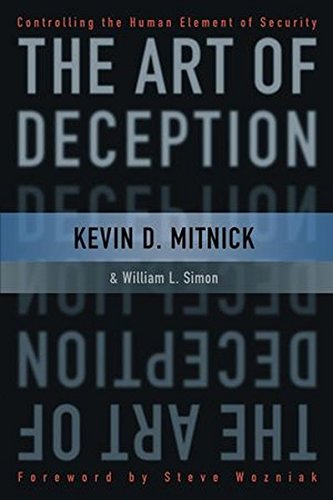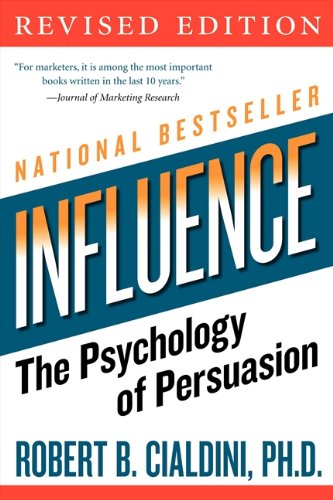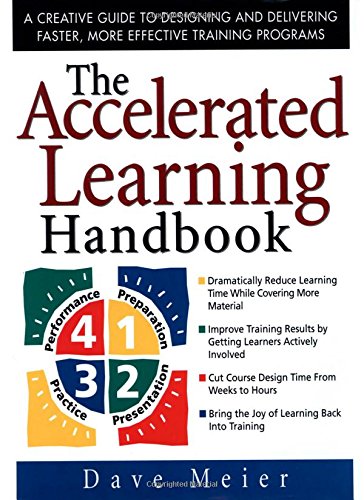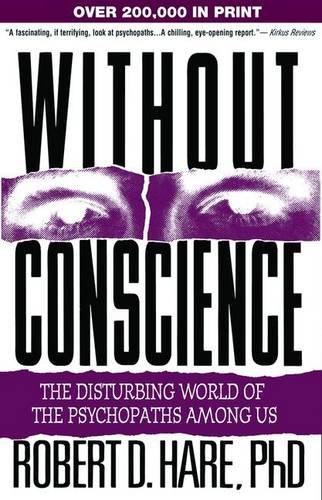
The Art of Deception is about gaining someone’s trust by lying to them and then abusing that trust for fun and profit. Hackers use the euphemism “social engineering” and hacker-guru Kevin Mitnick examines many example scenarios.
After Mitnick’s first dozen examples anyone responsible for organizational security is going to lose the will to live. It’s been said before, but people and security are antithetical. Organizations exist to provide a good or service and want helpful, friendly employees to promote the good or service. People are social animals who want to be liked. Controlling the human aspects of security means denying someone something. This circle can’t be squared.
Considering Mitnick’s reputation as a hacker guru, it’s ironic that the last point of attack for hackers using social engineering are computers. Most of the scenarios in The Art of Deception work just as well against computer-free organizations and were probably known to the Phoenicians; technology simply makes it all easier. Phones are faster than letters, after all, and having large organizations means dealing with lots of strangers.
Much of Mitnick’s security advice sounds practical until you think about implementation, when you realize that more effective security means reducing organizational efficiency–an impossible trade in competitive business. And anyway, who wants to work in an organization where the rule is “Trust no one”? Mitnick shows how easily security is breached by trust, but without trust people can’t live and work together. In the real world, effective organizations have to acknowledge that total security is a chimera–and carry more insurance. –Steve Patient, amazon.co.uk
List price: $16.95








